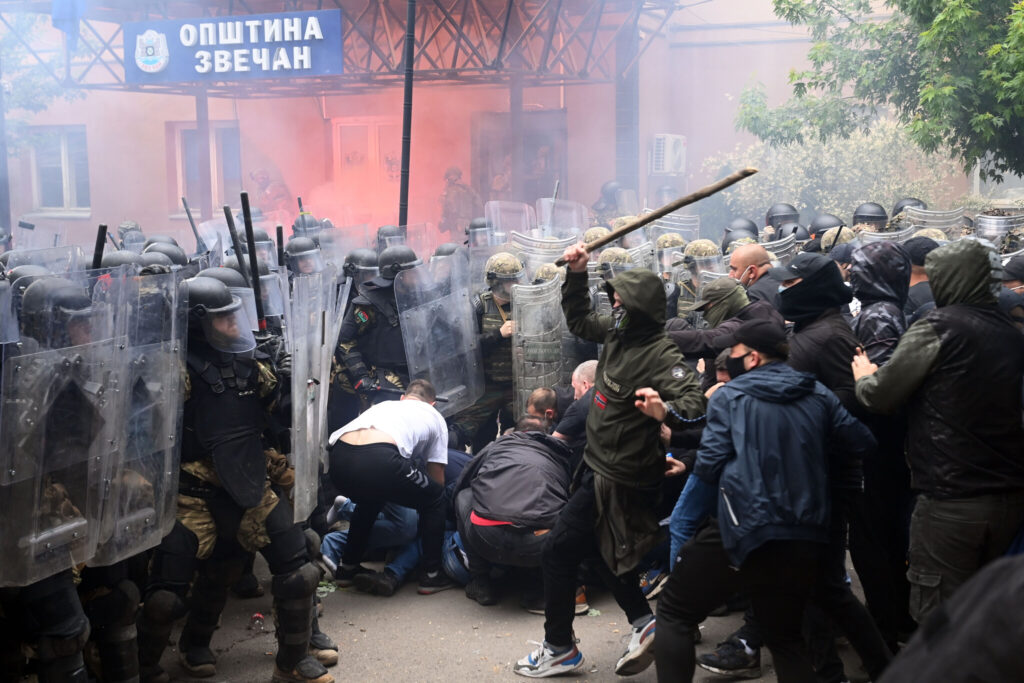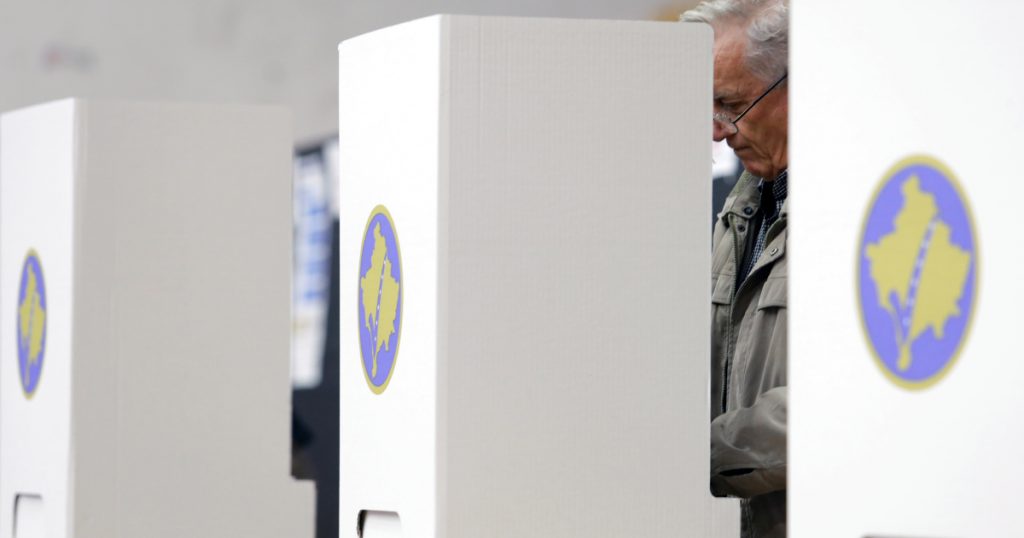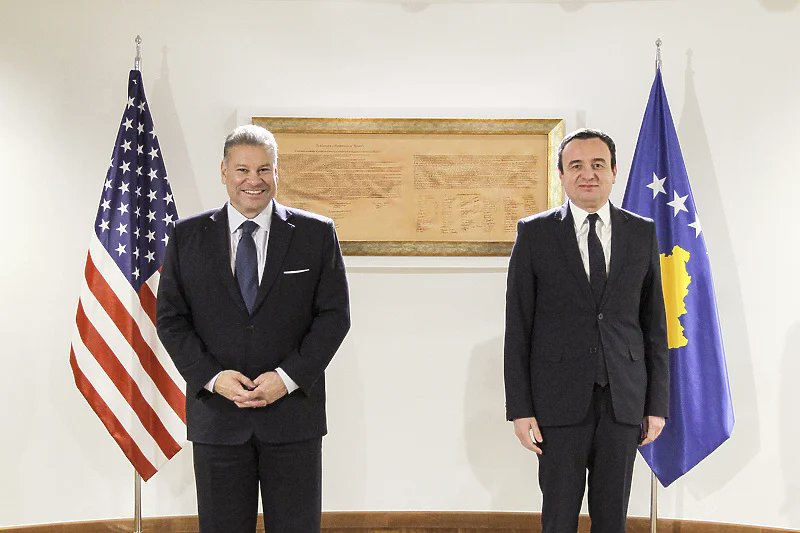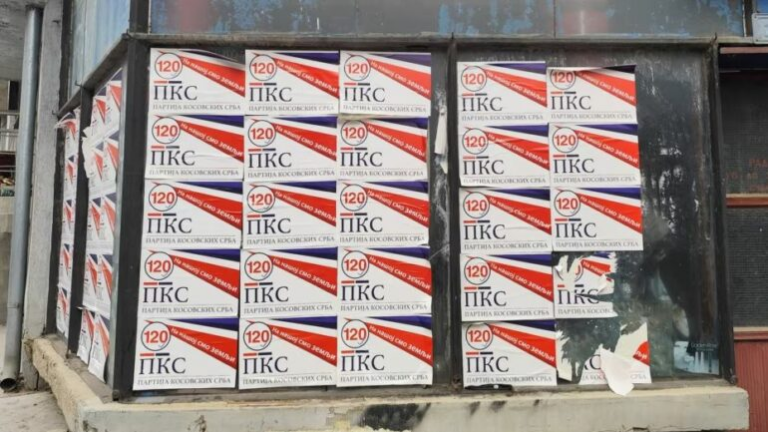Kosovo is just days away from its first regular parliamentary elections since declaring independence in 2008. Scheduled for Sunday, February 9, the elections were set by President Vjosa Osmani. After coordination with parliamentary political parties, the Central Election Commission (CEC) certified 28 political entities and 1,280 candidates for deputy positions, all competing for a four-year term in government.
In the 2021 early parliamentary elections, the “Vetevendosje Movement,” in coalition with the party of the current president, Vjosa Osmani’s “Lista Guxo,” secured over 50% of the popular vote. As a result, Albin Kurti, leader of the Levizja Vetevendosje party, was elected Prime Minister. Initially, Kurti declared that dialogue with Serbia was not a priority for his government. However, as anticipated, engagement in dialogue became inevitable.
Despite initial reluctance, Kurti and his delegates participated in multiple meetings in Brussels with Serbian representatives, but these discussions failed to yield concrete results. This impasse led to tensions in northern Kosovo, prompting the European Union (EU) to hold the Kosovo government accountable for escalating the situation. Consequently, Kosovo faced EU sanctions, while Serbia, which has been accused of manipulating the Kosovo Serb community, went unpunished.
However, EU sanctions were not the only challenge faced by the Kurti administration. Throughout its four-year mandate, allegations of corruption, interference in large tenders, failure to fulfill electoral promises, and deteriorating relations with Kosovo’s key ally, the United States, plagued the government. Former U.S. envoy for the Kosovo-Serbia dialogue, Richard Grenell, stated on the social media platform “X” that Kurti had consistently opposed every American initiative from Presidents Clinton, Bush, Obama, Biden, and Trump. In the midst of his re-election campaign, Grenell’s remarks posed a significant challenge to Kurti. In response, Kurti insisted that Kosovo-U.S. relations were stronger than ever. However, Grenell swiftly countered, calling Kurti “delusional” and reminding him that his actions had been condemned by the Trump administration, NATO, the EU, the U.S. Embassy, and Secretary of State Antony Blinken.

The exchange of statements between Kurti and Grenell raises concerns about America’s potential lack of support for Kurti’s leadership in a new mandate. This skepticism is fueled by Kurti’s lack of coordination with the international community, particularly in crisis situations in northern Kosovo. Nonetheless, Kurti’s party, “Levizja Vetevendosje,” in coalition with “Alternativa” and “Guxo,” remains the largest political force in the election, campaigning under the slogan “corner by corner,” signaling an ambition for an even stronger result than in 2021, when they secured over 50% of the vote.
Kosovo’s citizens, however, have multiple alternatives to choose from. The Democratic Party of Kosovo (PDK) is fielding Bedri Hamza as its candidate for Prime Minister. Hamza, a former Minister of Finance in the Thaci government, ex-Governor of the Central Bank, deputy, and mayor of Mitrovica, is a well-respected expert on economic matters. He has also participated in economic negotiations with Serbia. Hamza is regarded as a politician free from scandals, and his campaign focuses on increasing public sector salaries by 50%, economic development, and strengthening relations with international allies.
The Democratic League of Kosovo (LDK) is presenting Lumir Abdixhiku as its candidate, promising investments of €5 billion, a budget expansion to €5 billion, and an economic growth rate of 5% during his tenure. Meanwhile, the coalition “For a Winning Kosovo,” consisting of the Alliance for the Future of Kosovo (AAK) and Nisma, is running with Ramush Haradinaj as its candidate for Prime Minister. Their campaign centers on Kosovo’s NATO membership, salary increases, and economic investments.
Numerous polls have been conducted to predict the February 9 election results, but many are influenced by individual political preferences. The race remains highly competitive. Based on campaign trends and current developments, “Levizja Vetevendosje” is projected to lose approximately 10% of its previous support, raising concerns that it may struggle to form a government alone. The possibility of forming a coalition government with an opposition party also appears uncertain. Meanwhile, the two largest opposition parties, PDK and LDK, are expected to gain ground compared to the last elections.
Kosovo’s Assembly consists of 120 deputies elected by vote. Of these, 20 seats are reserved for minority communities: 10 for the Serbian community and 10 for other communities, including Turkish, Bosnian, Roma, Ashkali, Goran, and Egyptian representatives.
However, one thing is certain that the outcome of Kosovo’s parliamentary elections will significantly impact the country’s political and security landscape. The new government must address key challenges, including implementing agreements from the Brussels dialogue for Kosovo-Serbia normalization and strengthening ties with international allies. The year 2025 is expected to be particularly difficult due to recent developments in Serbia. Additionally, the international pressure for the implementation of the Agreements will be extremely great and the role of the USA, especially under the new administration led by Donald Trump, is essential for the normalization of Kosovo-Serbia relations.

More on this story: Kosovo: Where elections are seen as a solution


More on this story: Third forces to destabilize public opinion in Kosovo amid institutional gap



